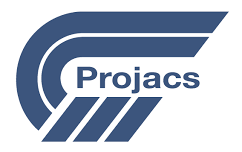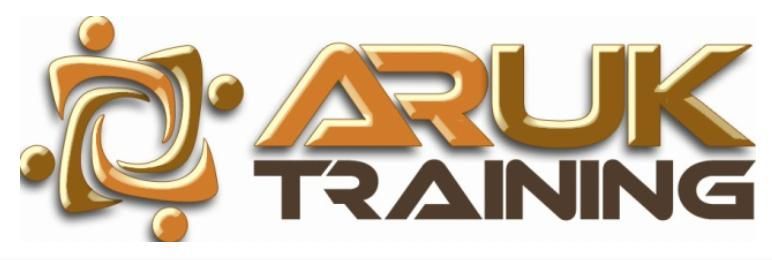Effective project management is the cornerstone of organizational success, particularly in industries where timelines, budgets, and stakeholder expectations are critical. Among the various phases of project management, monitoring, controlling, and closing processes play a pivotal role in ensuring that projects deliver their intended outcomes. These processes involve tracking project progress, managing deviations, and formally concluding projects to ensure all objectives are met. For professionals operating in dynamic environments, mastering these skills is not only advantageous but essential for sustaining competitive advantage.
Despite the availability of robust frameworks such as PMBOK® (Project Management Body of Knowledge), many organizations face challenges in implementing these processes effectively. Common issues include inadequate performance measurement systems, poor communication during project execution, and failure to conduct comprehensive post-project evaluations. These gaps often lead to cost overruns, missed deadlines, and dissatisfied stakeholders. This course aims to bridge these gaps by equipping participants with practical tools and strategies to monitor, control, and close projects efficiently while adhering to industry best practices.
The relevance of this course extends beyond individual skill enhancement; it also addresses broader organizational needs. By fostering a culture of accountability and continuous improvement, organizations can enhance their project delivery capabilities and achieve better alignment with strategic goals. For instance, a case study involving a multinational construction firm revealed that implementing rigorous monitoring and controlling mechanisms reduced project delays by 20% and improved client satisfaction scores significantly. Such examples underscore the transformative potential of mastering these processes.
From a theoretical perspective, the course draws upon established frameworks like Earned Value Management (EVM), which provides a systematic approach to measuring project performance, and Deming’s PDCA (Plan-Do-Check-Act) cycle, which emphasizes iterative improvement. Participants will explore how these methodologies can be tailored to suit diverse project contexts, from IT implementations to infrastructure development. Additionally, the course incorporates insights from recent trends, such as agile project management and hybrid models, reflecting the evolving nature of project work.
For individuals, the benefits of attending this workshop are manifold. Not only will they gain a deeper understanding of key concepts, but they will also acquire hands-on experience through interactive exercises and real-world scenarios. This practical focus ensures that participants can immediately apply what they learn in their professional roles. Furthermore, earning certification in this area enhances career prospects, positioning individuals as valuable assets within their organizations.
Ultimately, this course serves as a catalyst for both personal and organizational growth. Whether you are an experienced project manager looking to refine your skills or a newcomer eager to build a strong foundation, this program offers the knowledge and tools needed to excel. By blending theory with practice, it empowers participants to navigate the complexities of modern project environments with confidence and competence.




















































